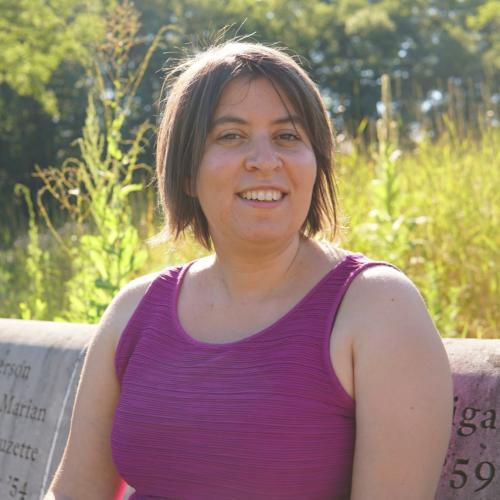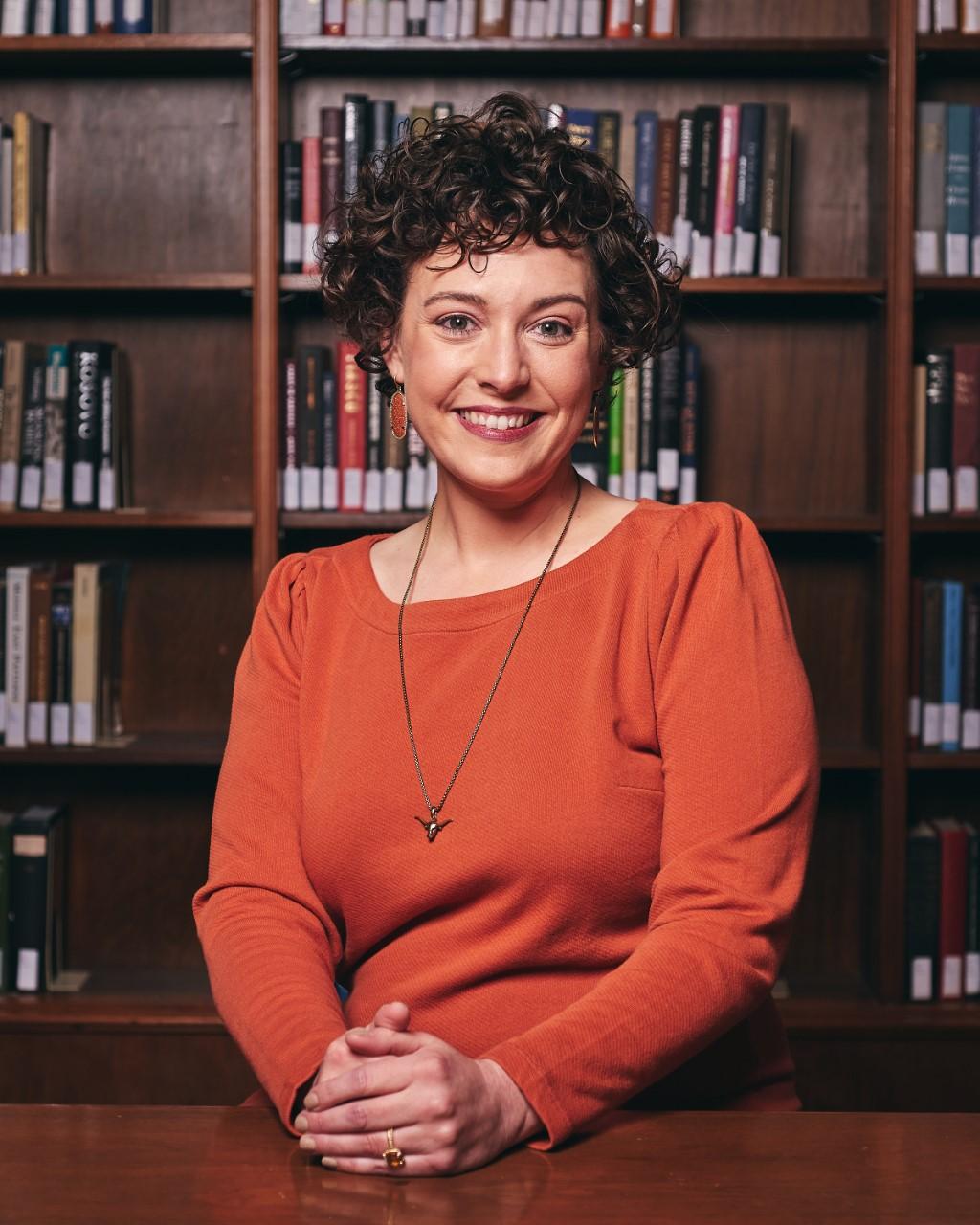Our first cohort consists of three faculty from the Butler School of Music and the Department of Theatre and Dance, joining our co-project leads, along with a crucial fellow-traveler with extensive experience within the Provost’s Teaching Fellows.
Uncategorized
Call for Prospective Rigorously Compassionate Cohort Members
Academic year 2024-2025
We seek a small cohort of instructors in T&D and BSOM, representing a diverse range of course types (ensemble, small/specialized, larger/survey) who are interested in joining us in following the parameters of our project and collaboratively developing a variety of strategies with us for their implementation in their courses during the 2024-2025 academic year.
Members of the Rigorously Compassionate Cohort will be compensated $1200 (which can be taken either as taxed income or as untaxed professional development funds). Responsibilities will involve:
- Developing and documenting strategies as described above
- Meeting monthly as a cohort with the project leads (Andrew Dell’Antonio and EG Gionfriddo) to share and brainstorm
- Identifying a small number of students at the end of the Fall 2024 semester to join the cohort in discussing the outcomes of the approach across courses / disciplines and strategize for Spring 2025
- Repeating the process with the same cohort/different courses in Spring 2025
- Recommending shifts/clarification to project call and parameters for Rigorously Compassionate Cohort #2 (AY 25–26)
- Writing a short (500-1,000 word) blog post for the project blog in Spring 2025
Building Rigorously Compassionate Syllabi:
Fostering Individual Accountability and Community Care
Our project seeks to revitalize the syllabus document as a tool of inclusion. We are interested in making visible the “hidden curriculum” with which students often struggle. The syllabus language, grading and attendance policies, communication and assignment fulfillment methods, course calendar flexibility, course material formats – these can all contribute to developing personal accountability and investment in community. Our project will assemble multiple cohorts of faculty and assistant instructors to contribute ideas and experiment with tactics in their syllabi and pedagogy, refining as we iterate.
We believe our approach has potential to apply to a wide range of aspects of inclusion, belonging, and accountability. This includes the ways our course construction creates welcoming structures for students of various bodyminds, gender identities and expressions, racial and ethnic background, languages of origin, and schooling and training background. We thus think there is strong potential for us to “share back” to JEDI initiatives across the US academic landscape from which we have been drawing and will continue to draw. Specifically, we are confident that the strategies that we will be refining can contribute to the continuing “Care in the Academy” national Mellon-funded project, the first phase of which Andrew Dell’Antonio, our co-project-lead, was invited to shape, as well as other national initiatives on inclusive access in academic communities.
As our principal outcome, we aim for explicit focus on individual accountability and community care through syllabi structure and course policies. Students succeed in community because of the diverse ways of WHO they are and HOW they are. This requires creating a functional inclusive space and a broader understanding of the differing types of support systems necessary for individual and collective access and success. Students and instructors alike want vulnerability, transparency, dedication, and flexibility from each other. This requires establishing and maintaining trust between students and teachers through multiple avenues for student-teacher communication.
We propose that a syllabus first and foremost convey / establish the following:
- We learn in community, not individually
- Every person who joins a course learning community is accountable for their own learning process, and also accountable for contributing to the learning process of the community as a whole, and also the community is collectively accountable for the learning process of each of its members.
- Policies are designed to account for DIFFERENCE.
- Focus on professional, transferable skills and minimize the “punitive” effects of policies / grades.
- Effectively, make explicit the implicit “hidden curriculum” of learning communities.
We will measure the effectiveness of this initiative through an IRB-approved mixed methods study which will include:
- Metacognitive conversations and reflection exercises built into the assignment structure of the courses;
- Final collective “exit conversation” assignment between students in two separate courses involved in this approach on key points of experimentation, access, and accountability;
- Targeted questions in CIS surveys to measure student outcomes and perspectives.





